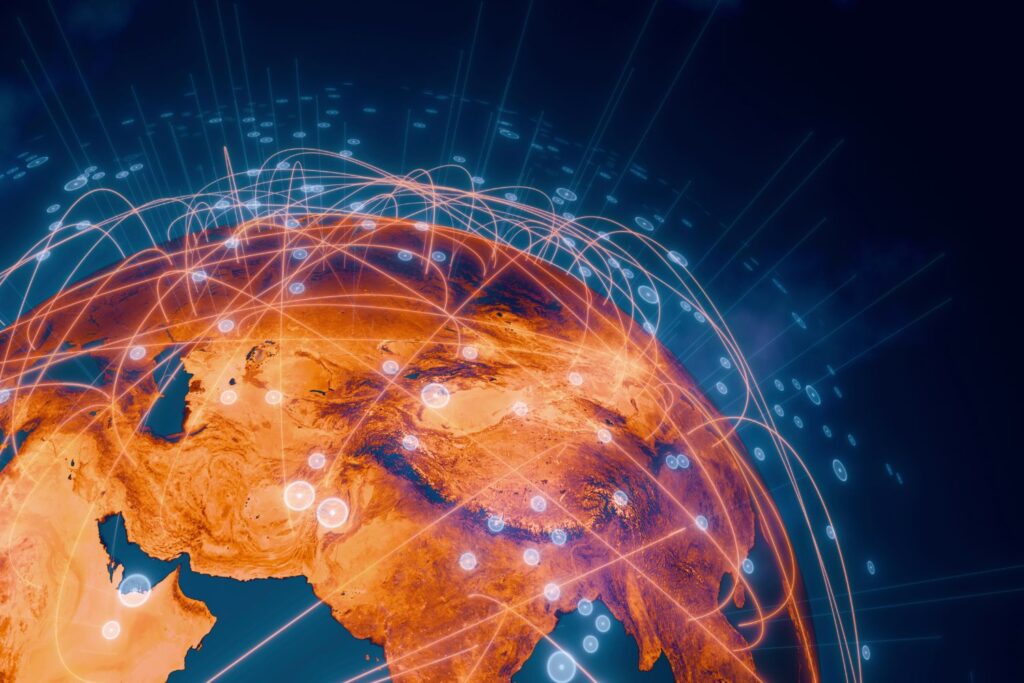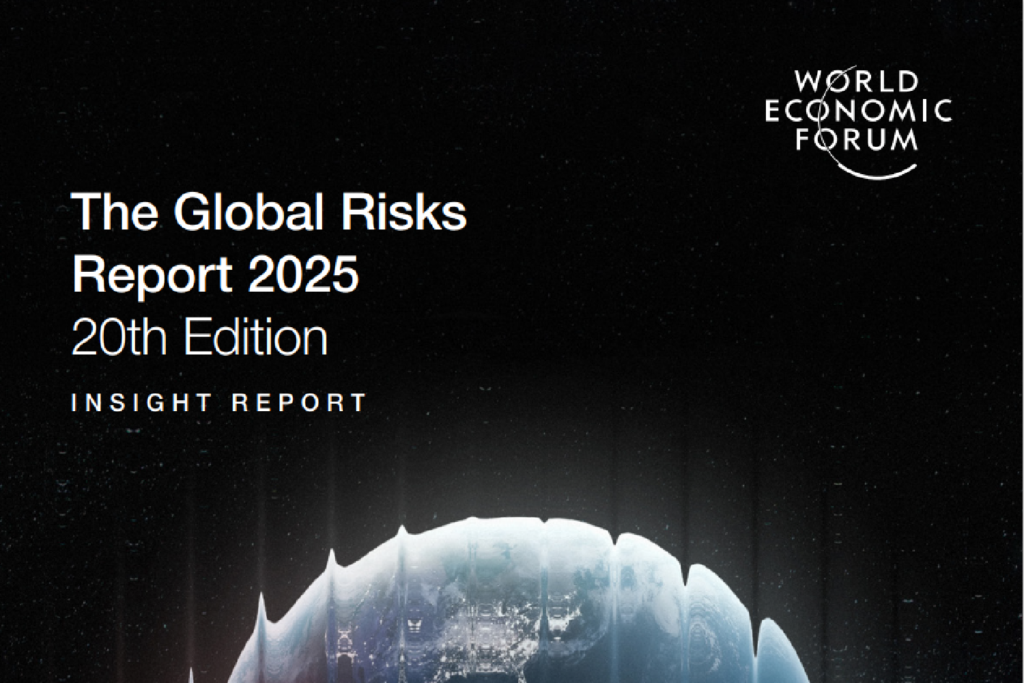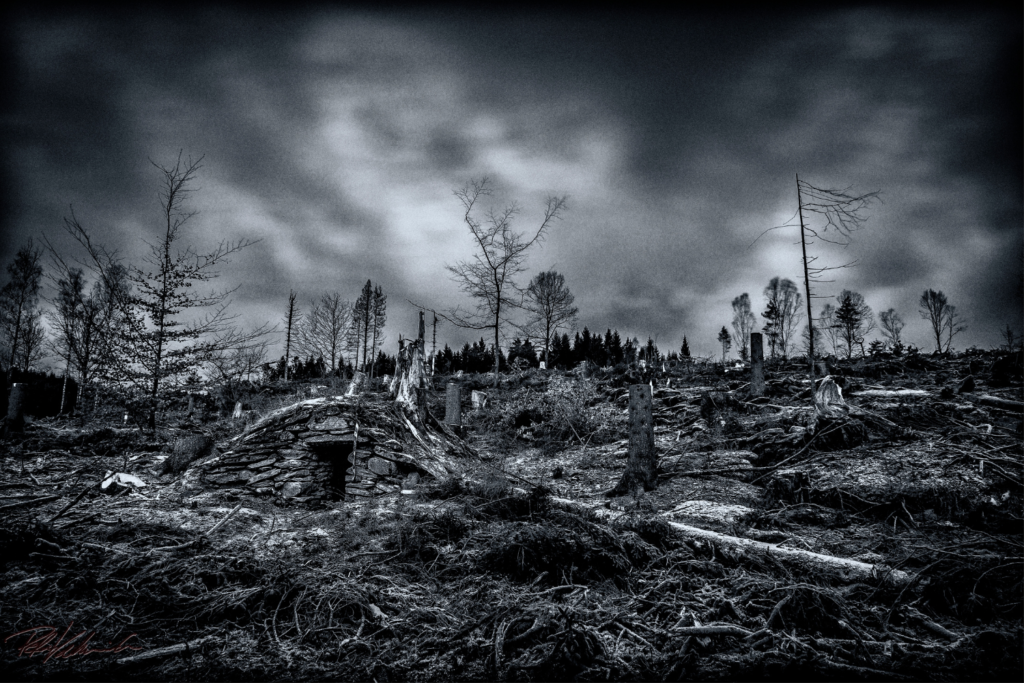Polycrisis! Implications for Public Policy in the Global South
This book explores contemporary public policy and governance in the Global South, offering comparative analyses and detailed case studies from Asia, Latin America, the Middle East, and Africa. It examines how governments are navigating 21st-century challenges such as the COVID-19 pandemic, climate change, democratic backsliding, deteriorating public services, and geopolitical shifts linked to the rise […]
Polycrisis! Implications for Public Policy in the Global South Read More »










